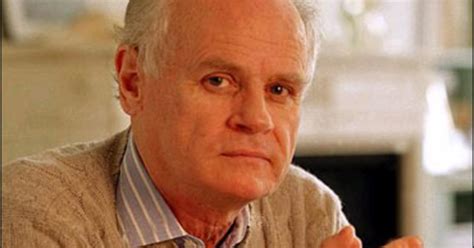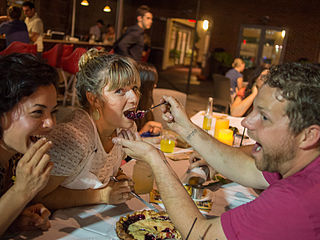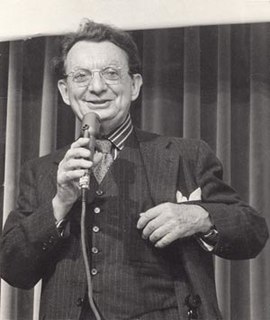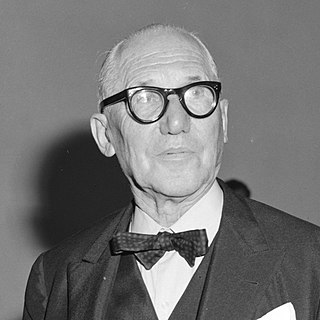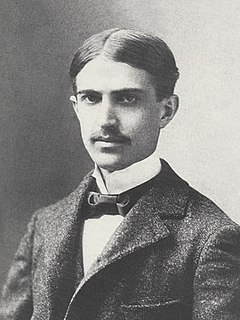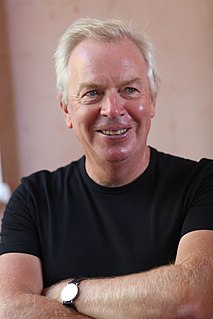A Quote by James A. Michener
As a writer I have persisted in my uncertainty, alternating between novels which could charitably be considered literature and world reporting which by another stretch of objective standards might be called history.
Related Quotes
I'm interested in such things as the difference between how we perceive the world and what the world turns out to be. The difference is between the stories we tell others and the stories we tell ourselves. There is a wonderful Russian saying, which I use as the epigraph of one of my novels, which goes, He lies like an eyewitness. Which is very sly, clever and true.
I was going to be a writer, and that turned into journalist. And then that turned into a career in children's literature, which turned into early childhood education, which turned into psychology, which turned into premed, which turned into nursing school, which turned into communication, which turned into marketing and advertising.
One task of literature is to formulate questions and construct counterstatements to the reigning pieties. And even when art is not oppositional, the arts gravitate toward contrariness. Literature is dialogue: responsiveness. Literature might be described as the history of human responsiveness to what is alive and what is moribund as cultures evolve and interact with one another.
It seems fair to say that while the moral standards of the nineteenth century persisted almost unchanged into the twentieth, moral practices changed sharply, and that though the standards of the nineteenth century persisted the institutions that had sustained them and the sanctions that had enforced them lost influence and authority.
The question of whether world peace will ever be possible can only be answered by someone familiar with world history. To be familiar with world history means, however, to know human beings as they have been and always will be. There is a vast difference, which most people will never comprehend, between viewing future history as it will be and viewing it as one might like it to be. Peace is a desire, war is a fact; and history has never paid heed to human desires and ideals.
I like to be surrounded by books. My wife Evelyn has a Ph.D. in comparative literature, so we have a lot of her Spanish and German literature books which are wasted on me, plus a lot of novels and books on art and architecture shared by us both. Evelyn used to edit an art magazine called 'FMR,' so we have a common interest in design.




